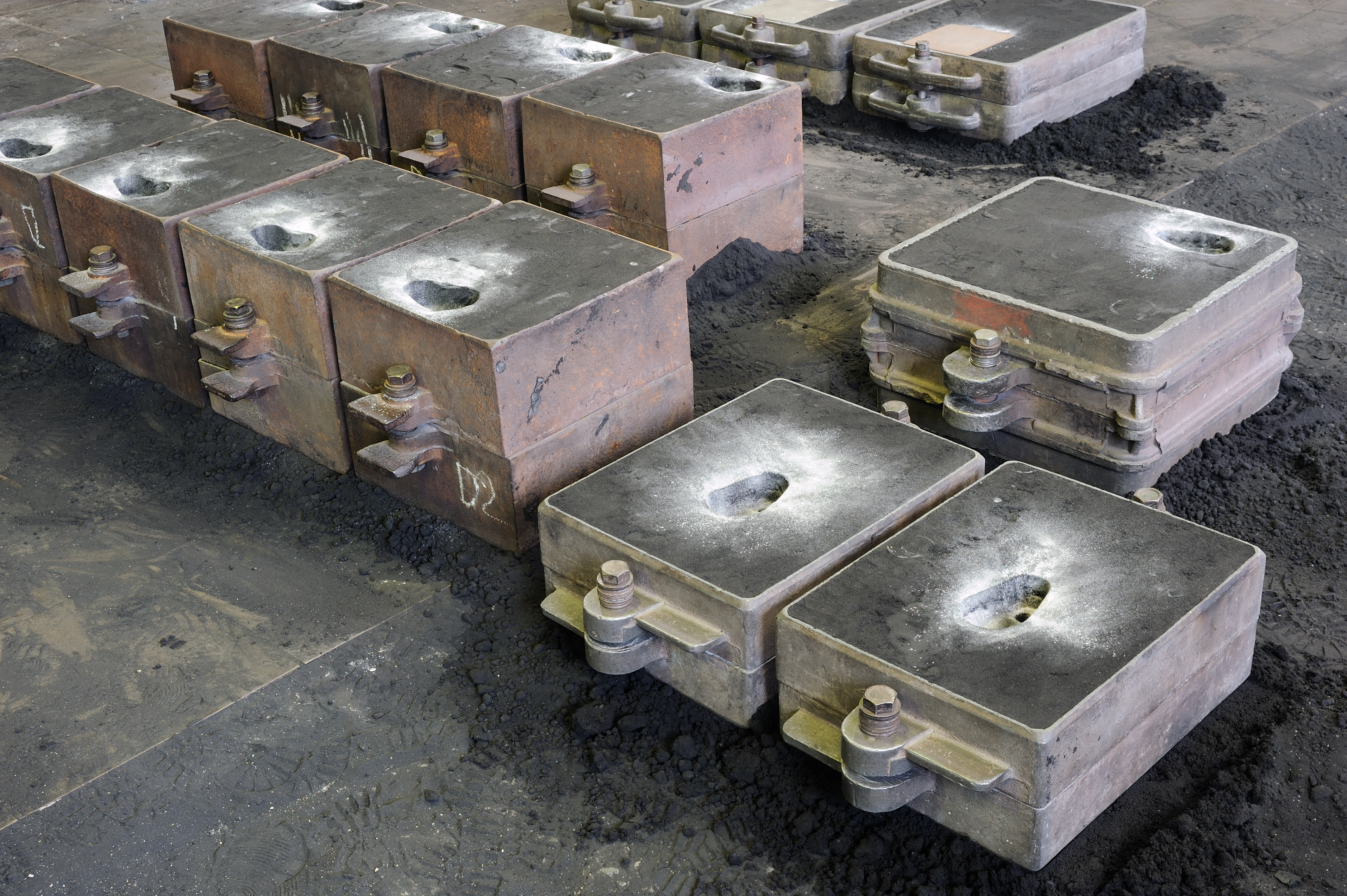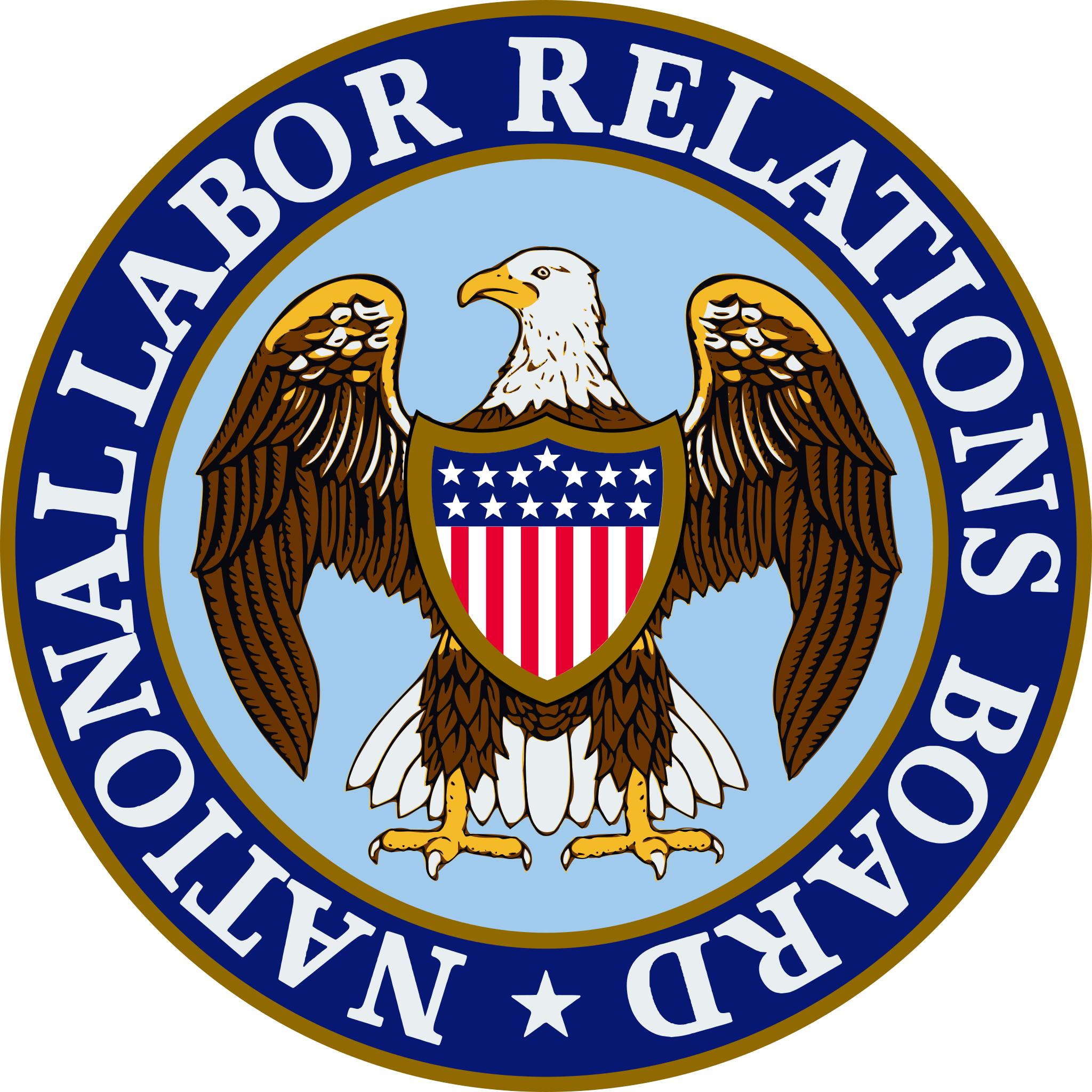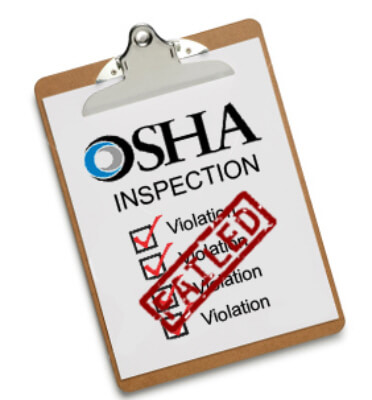The Warehouse Worker Protection Act is bad for foundries
 Recently, a new version of the Warehouse Worker Protection Act (WWPA) was introduced and referred to the Senate Health, Education, Labor, and Pensions Committee for consideration. This bill is part of a broader push by some legislators to strengthen workplace safety regulations and oversight, particularly in sectors perceived as having high injury rates and high productivity demands. The current version of the WWPA significantly expands federal oversight and introduces new compliance requirements that would apply to a broad range of industries, including the non-ferrous foundry sector.
Recently, a new version of the Warehouse Worker Protection Act (WWPA) was introduced and referred to the Senate Health, Education, Labor, and Pensions Committee for consideration. This bill is part of a broader push by some legislators to strengthen workplace safety regulations and oversight, particularly in sectors perceived as having high injury rates and high productivity demands. The current version of the WWPA significantly expands federal oversight and introduces new compliance requirements that would apply to a broad range of industries, including the non-ferrous foundry sector.
NFFS has carefully reviewed S. 4260 and identified several critical issues that make this proposed legislation a serious threat. Below, we outline the top six objections NFFS has to this bill and why it would be detrimental to our industry if passed as proposed.
1. Quota and Productivity Restrictions
 The WWPA places strict limits on how quotas are defined, measured, and communicated to employees. Nonferrous foundries that employ quota-based performance measures (e.g., productivity targets for mold production, finishing, or other tasks) would need to reassess these systems to ensure they comply with the bill’s requirements. Specifically, the legislation prohibits quotas that interfere with legally required meal and rest breaks, health and safety standards, or reasonable accommodations for employees. This could mean major operational changes, including modifications to work schedules, production quotas, and even the reallocation of tasks to avoid noncompliance.
The WWPA places strict limits on how quotas are defined, measured, and communicated to employees. Nonferrous foundries that employ quota-based performance measures (e.g., productivity targets for mold production, finishing, or other tasks) would need to reassess these systems to ensure they comply with the bill’s requirements. Specifically, the legislation prohibits quotas that interfere with legally required meal and rest breaks, health and safety standards, or reasonable accommodations for employees. This could mean major operational changes, including modifications to work schedules, production quotas, and even the reallocation of tasks to avoid noncompliance.
2. New Employee Monitoring and Recordkeeping Requirements

The bill mandates comprehensive recordkeeping and transparency around employee monitoring and work speed data. Foundries would need to document and maintain detailed records of each employee’s work speed, quota targets, and the methods used to collect this information. This data must also be made accessible to employees upon request and kept for a specified period post-employment. Implementing these requirements would likely necessitate new data tracking systems and create additional administrative overhead, raising concerns about the security and use of sensitive employee data.
3. Resurrected Ergonomics Standards
 One of the most concerning provisions for nonferrous foundries is the resurrection of the previously repealed OSHA ergonomics standard, which was overturned in 2001 through the Congressional Review Act. This standard was repealed because it was deemed overly burdensome and unworkable for most industries. If reintroduced, these standards would require employers to assess and mitigate musculoskeletal risks associated with repetitive motions or heavy lifting. For foundries, which often involve physically demanding tasks, this could translate into costly changes in workstation design, employee training, and safety programs. Compliance could be particularly challenging for small- and medium-sized foundries that lack the resources to implement ergonomic adjustments.
One of the most concerning provisions for nonferrous foundries is the resurrection of the previously repealed OSHA ergonomics standard, which was overturned in 2001 through the Congressional Review Act. This standard was repealed because it was deemed overly burdensome and unworkable for most industries. If reintroduced, these standards would require employers to assess and mitigate musculoskeletal risks associated with repetitive motions or heavy lifting. For foundries, which often involve physically demanding tasks, this could translate into costly changes in workstation design, employee training, and safety programs. Compliance could be particularly challenging for small- and medium-sized foundries that lack the resources to implement ergonomic adjustments.
4. Expanded National Labor Relations Act (NLRA) Provisions

The WWPA would also expand the definition of unfair labor practices under the NLRA to include the imposition of certain quotas. This change could encourage more union activity within foundries and increase the number of disputes brought before the National Labor Relations Board (NLRB). Foundries could see a rise in legal challenges related to productivity targets or employment practices, complicating labor relations and potentially altering the power dynamic between employers and employees.
5. Immediate Corrective Actions for OSHA Violations
 The bill would compel foundries to implement costly remedial measures even before OSHA has confirmed a violation through its standard citation process. This provision could result in expensive operational disruptions, particularly if a foundry is required to adjust machinery or alter workflow processes to address an alleged issue. The preemptive nature of this requirement undermines traditional due process rights, making it more challenging for foundries to defend themselves against citations that may later be found to be unsubstantiated.
The bill would compel foundries to implement costly remedial measures even before OSHA has confirmed a violation through its standard citation process. This provision could result in expensive operational disruptions, particularly if a foundry is required to adjust machinery or alter workflow processes to address an alleged issue. The preemptive nature of this requirement undermines traditional due process rights, making it more challenging for foundries to defend themselves against citations that may later be found to be unsubstantiated.
6. Increased Oversight and Inspections
 The establishment of the new Fairness and Transparency Office within the Department of Labor would create another layer of oversight specifically focused on monitoring compliance with the WWPA. Foundries could be subject to more frequent inspections and face a higher risk of citations if found noncompliant with the new standards. The increased scrutiny and possible penalties would further strain resources, particularly for smaller operations with limited compliance staff.
The establishment of the new Fairness and Transparency Office within the Department of Labor would create another layer of oversight specifically focused on monitoring compliance with the WWPA. Foundries could be subject to more frequent inspections and face a higher risk of citations if found noncompliant with the new standards. The increased scrutiny and possible penalties would further strain resources, particularly for smaller operations with limited compliance staff.
In response to the serious concerns outlined above, NFFS has joined the Coalition for Workplace Safety and multiple other organizations in urging the Senate Health, Education, Labor, and Pensions Committee to reject the WWPA in its current form. NFFS believes that while worker safety is paramount, this bill goes too far and would create more challenges than solutions for our members. The NFFS Government Affairs Committee will continue to closely monitor the progress of S. 4260 and provide updates to our members as new developments arise. As always, we remain committed to advocating for practical and effective regulatory frameworks that ensure the safety of our industry's employees without compromising the competitiveness of our businesses.
